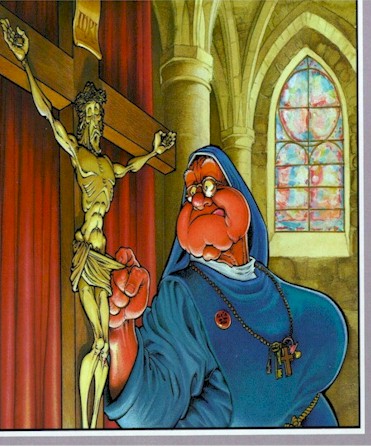
The personas of both Washington Irving and Benjamin Franklin are respectively unique. Benjamin Franklin’s work was one of the first examples of autobiographical literature coming out of the new world. Washington Irving was more inclined to write fiction heavily influenced by folklore and arguably produced the first evident elements of American pop culture.
Aside from this, both men had extremely different motifs for producing their various works. Franklin created his autobiography in hopes of recording his legacy for the benefit of his son. Irving aside from wishing to keep alive the folklore legends (brought here by the first Dutch settlers) also wanted to depict the wilderness of America at it’s most volatile. At a time when the first Americans were still searching for a new identity, works such as Irving’s, which promoted the learning of history, would have been rare.
In terms of the various personas created by both men, It would seem Benjamin Franklin made a much more conscious effort to develop his persona to be that of a moral teacher. He was also one of the first authors to insinuate that people as a whole had the choice to be either good or bad. A concept that would have been strongly opposed by the doctrine of predestination but eventually led to people questioning their way of thinking.
Washington Irving on the other hand, had several personas at his disposal. There was Diedrich Knickerbocker who told the stories of Dutch families and with his most famous work, The legend of Sleepy Hallow and it’s companion piece Rip Van Winkle, Irving takes the opportunity to romanticize aspects such as witch craft for the purpose of creating imaginative American literature which would in turn allow it’s readers a form of escape from the difficulties of their everyday realities.
In conclusion, even though both authors obviously chose different paths in the creation of their personas. They no doubt did it well enough to be able to influence and inspire generations of people with their individual works. As such, both are rendered deserving of their towering statures in the ranks of great American literature.


